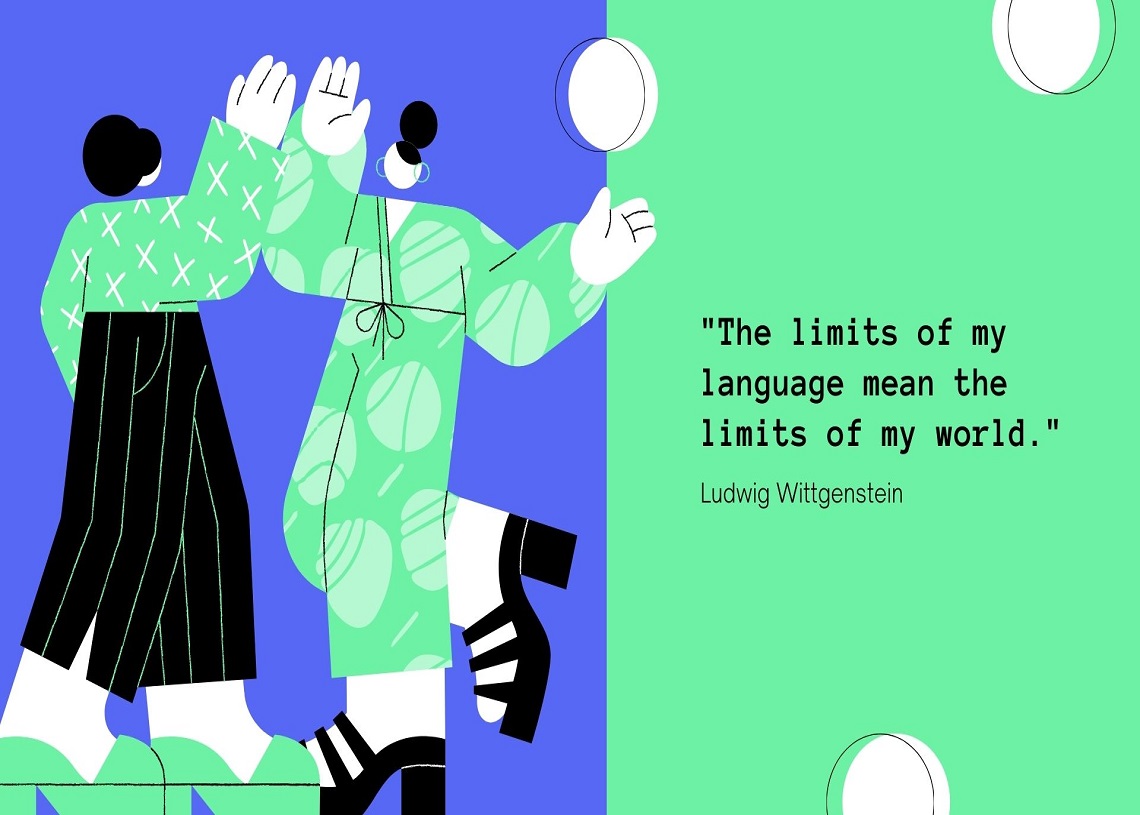How Do You Spell It? Unraveling The Quirks Of English Words Today
Ever find yourself pausing, finger hovering over the keyboard, wondering how do you spell that tricky word? You are certainly not alone, you know. In our busy, connected lives, getting words just right feels pretty important, whether for a quick message or a big report. This little moment of doubt, it's actually quite common for many folks, so. It shows how much we care about clear communication, really.
Language, you see, has its own wonderful ways of doing things. Sometimes, words sound just like they're written, a bit like a simple tune. Other times, though, they play a bit of a trick on us, and the letters don't quite match the sounds we hear, that. It's almost like a secret code we all learn over time, more or less.
This piece will take a closer look at some of those spelling puzzles, from sounds we make to names we often misremember. We'll explore why words are spelled the way they are, offering some helpful ideas for getting them right every single time, you know. We'll even clear up a few common mix-ups, just a little, as of May 15, 2024.
- Carly Jane Leaks
- Disney World Annual Pass
- Whistle Express Car Wash
- Lee Lucas From Baton Rouge
- Ulta 21 Days Of Beauty
Table of Contents
- Understanding How Sounds Become Words
- Catching Those Tricky Sound Words
- Solving Specific Spelling Mysteries
- Making Words from Letters
- Helpful Ideas for Better Spelling
- Frequently Asked Questions About Spelling
- Keeping Your Spelling Sharp
Understanding How Sounds Become Words
Our spoken language, it's really a vibrant thing, full of different noises and tones. Turning those fleeting sounds into letters on a page, that's what spelling is all about, you know. Sometimes, it feels very direct, like writing down exactly what you hear, more or less. Other times, it's a bit more of a puzzle, with rules and traditions shaping how things look.
The Art of Phonetic Spelling
Many words, particularly those that try to copy a noise, are spelled phonetically, as a matter of fact. This means the letters aim to represent the sounds you hear as closely as possible. Think about a sigh, or a gasp; we try to capture that feeling in letters. A soft sound, for instance, might be written as 'shhh,' while a surprised noise could be 'oh!' It's almost like drawing with letters, just a little.
For example, a low, drawn-out sound of discomfort, like a moan, could be written as "mmmmm" to show its length and softness. A more forceful sound of pain or unhappiness, a groan perhaps, might become "errrrggggh." These spellings, they're not always set in stone, you see. They try to give a sense of the sound, a feeling, which is pretty clever, so.
- Best Shampoo And Conditioner
- French Pole Vaulter Video
- Lia Engel Leaks
- Aime Leon Dore Hat
- David Bromstad Married
When Sounds Take on Common Forms
While some sounds are quite fluid in their spelling, others develop a common way of being written, you know. These often become accepted as the "right" way to spell that particular sound, even if other languages might do it differently. It's a bit like a group agreement on how a noise should look on paper, that is.
Take the sound a chicken makes, for instance. It's spelled "cluck," isn't it? Just imagine a happy little hen wandering around the farm, spreading joy with each gentle "cluck." It's a simple and delightful sound that always brings a smile, and its spelling is widely understood, really. This common spelling helps us all picture the same thing, which is useful, very.
Catching Those Tricky Sound Words
Some words are all about sounds, capturing a moment or a feeling with just a few letters. These are called onomatopoeic words, and they are rather fun to spell, you know. They bring a little bit of the spoken world right onto the page, which is pretty neat, so.
The "Ouch" of Pain: Spelling Our Feelings
When we get a little bump or feel a sudden pain, we often make a quick sound, don't we? That sound, like "ow," is actually very simple to write down. You simply put the letters 'o' and 'w' together. It's a straightforward and effective way to show that feeling of discomfort, or pain, to others, that. It's a word that everyone understands, almost instantly, so.
Shushing for Quiet: A Gentle Reminder
That sound we make when we want someone to be quiet, like "shssss," is typically spelled as "shush" in English, you know. This word, it's a great example of onomatopoeia, meaning it sounds like what it describes. It's used to ask for quiet or silence, often in a gentle or soft way, which is nice, really. The 'sh' part represents that soft, fricative sound, making it quite clear, as a matter of fact.
The Drummer's Punchline: Ba Dum Tss
Then there's that classic sound a drum makes after a joke, spelled as "ba dum tss." It's like the drummer is trying to salvage the awkward silence that sometimes follows a bad punchline, isn't it? But hey, at least someone's trying to lighten the mood, you know. This particular spelling, it's a universally recognized way to signal that specific comedic timing, which is pretty cool, so.
Solving Specific Spelling Mysteries
Sometimes, we come across words that just look a little bit off, or we're not quite sure if we've got the right letters in the right order. These are the moments when a quick check can really help, you know. It's about knowing the correct form, which is useful, very.
Is it 'Pookey' or 'Pokey'?
If you're wondering how do you spell "pookey," it looks like you are actually trying to spell the word "pokey," that. "Pokey" is an adjective, a word that describes something, meaning small or cramped. So, if you're talking about a small, tight space, "pokey" is the word you're looking for, you know. It's a common mix-up, but knowing the meaning helps clarify the spelling, which is pretty neat, so.
Getting 'Burr' Right
What about "burrbery"? The correct spelling is actually "burr," just as it was in the question, you know. The word "burr" is a noun, meaning a rough, prickly seed case, or a rough edge on metal. It can also be a verb, meaning to make a whirring sound. It's a word with a few uses, so, and knowing that it's spelled with just one 'r' at the end is important, very. Another word that's pronounced similarly but spelled differently might be "burrow," for instance, which is a hole dug by an animal.
The Past of 'Status': 'Statused'
"Statused" is the correct spelling of the past tense of the verb "to status," you know. The word "status" means the current state or condition of something. So, when you need to indicate that something has been given a particular state or condition, "statused" is the word you'd use, that. It's a bit of a newer verb form, perhaps, but it follows the rules for making a past tense, which is pretty logical, so.
Making Words from Letters
Sometimes, spelling isn't just about remembering a word; it's about seeing how letters can combine to create different words. It's a bit like a word puzzle, you know, where each letter is a piece that can fit in various ways, that is.
Playing with 'Paey'
If you have the letters "p, a, e, y," what words can you make with them? Well, these letters spell several words, you know. They spell the three-letter words "ape," "pay," "pea," and "yea." They also spell the two-letter word "pa." Just like a tiny, delicate brushstroke on a canvas, each letter comes together to create a beautiful word, or a few words, in this case, so. It shows how versatile letters can be, really.
Helpful Ideas for Better Spelling
Improving your spelling doesn't have to feel like a chore; it can actually be quite rewarding, you know. With a few simple approaches, you can feel much more confident about how do you spell things, which is pretty great, so.
Listening Closely to Sounds
One helpful idea is to pay more attention to the sounds within words, especially when they are pronounced clearly, that. While English isn't always perfectly phonetic, noticing the individual sounds can give you clues. For words like "shush" or "cluck," the sound itself is a big hint, as a matter of fact. Try saying the word out loud, slowly, and listen to each part, just a little.
Looking for Patterns
Many words follow certain patterns or rules, even if there are exceptions, you know. For instance, words ending in 'y' often change to 'ies' when made plural. Recognizing these common patterns can help you predict spellings. It's like finding a rhythm in the language, which is useful, very. The more you read, the more these patterns will start to become clear, more or less.
Using Resources
Don't ever feel shy about using tools to check your spelling, you know. Dictionaries, both physical and online, are your best friends. Spell checkers on your computer or phone are also incredibly handy, that. If you're unsure about how do you spell a word, a quick search on a reliable site like Merriam-Webster Dictionary can give you the correct answer in moments, so. Learn more about spelling rules on our site, and check out this page for common word origins.
Frequently Asked Questions About Spelling
Here are some common questions people often have about spelling, you know.
How do you spell words that sound alike but are different?
Words that sound alike but have different spellings and meanings are called homophones, that. Think of "to," "too," and "two." The best way to spell these correctly is to know the meaning of the word you intend to use, you know. Context is key here, so. If you mean a number, it's "two." If it means "also," it's "too." Practice and reading can really help with these, as a matter of fact.
What's the easiest way to improve my spelling?
The easiest way to get better at spelling, it's actually by reading a lot, you know. When you read, you see words spelled correctly over and over again, which helps your brain remember them visually. Writing more also helps, because it forces you to think about each letter, that. Using a dictionary whenever you're unsure is also a very good habit, so.
Why are some English words spelled so strangely?
English spelling can seem a bit odd sometimes because it has a very rich history, you know. It has borrowed words from many other languages, like Latin, Greek, and French, over centuries. Each language brought its own spelling traditions, and English kept many of them, that. Also, the way we pronounce words has changed a lot more quickly than their spellings, which creates some of those quirky differences we see today, more or less.
Keeping Your Spelling Sharp
Getting your spelling right, it's a skill that grows with a little bit of effort and curiosity, you know. From those little sounds we make to the longer, more complex words, each one has its own story in how it's written. By paying attention, using helpful resources, and just being a bit patient with yourself, you can feel much more confident about every word you put down, that. Keep exploring the wonderful world of words, you know, because every word learned is a small victory, so.
- How Did Coach Wall Die
- Kelsey Chow Movies And Tv Shows
- Meaning Of Am Pm In Time
- High Potential Season 2
- David Bromstad Married

How Do You Spell Presentation Tips & Tricks

How Do You Spell Doritos Retailers | www.idropnews.com

How Do You Spell? | English Forward